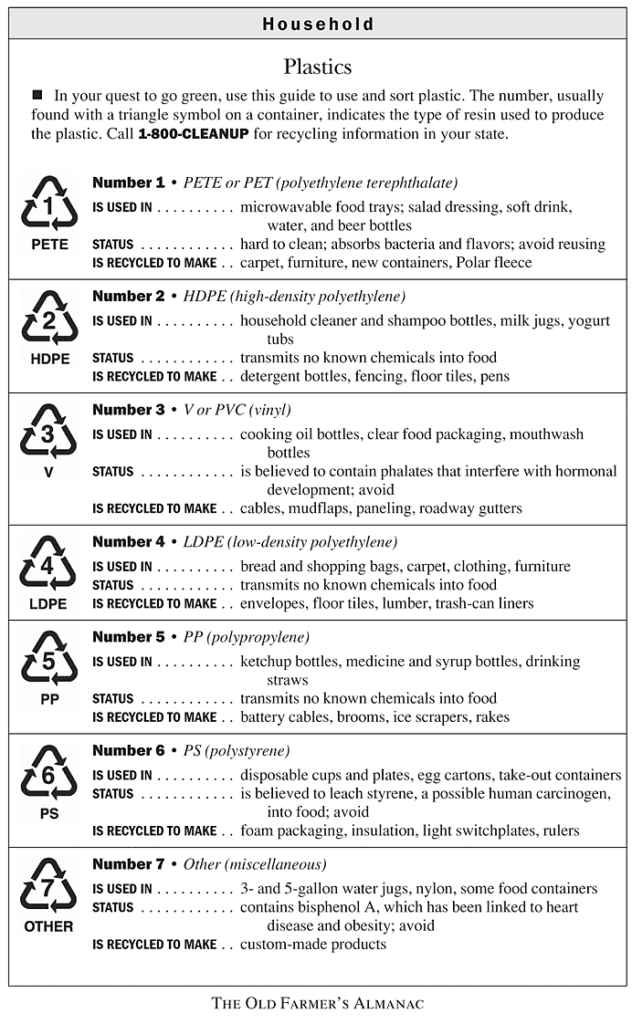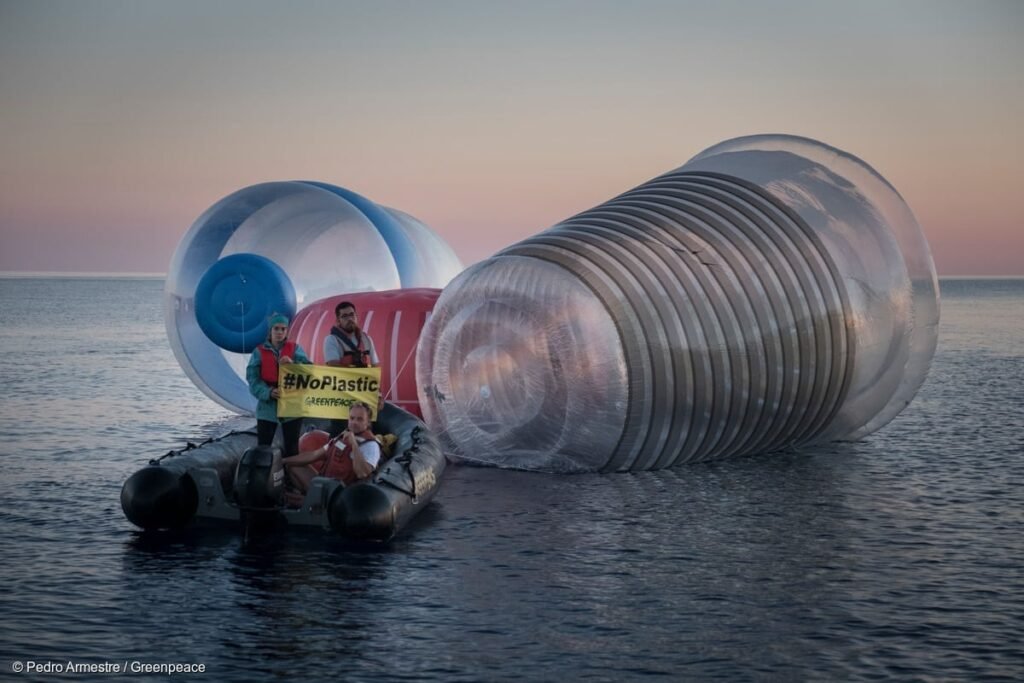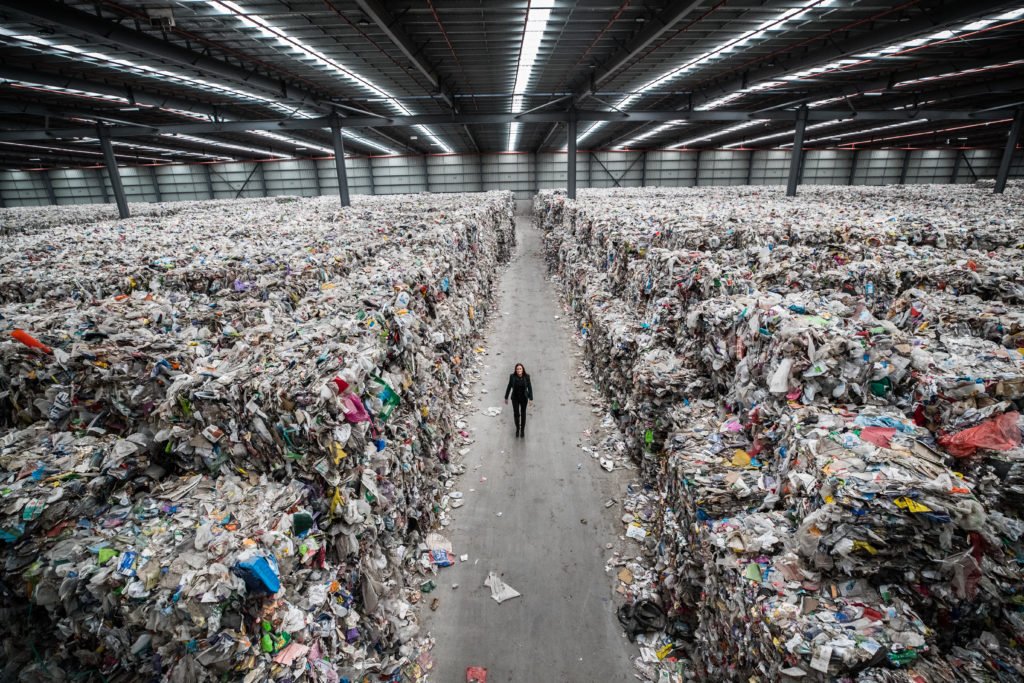A single takeaway lunch might feel like a game of recycling trivia: a plastic bag, a filthy pizza box, plastic utensils, paper napkins, and a beverage can. Which things are recyclable? What types of plastic end up in the trash? What if the container has an oily coating?

Recycling may be hard, and the regulations governing how to do it differ from nation to country, which could explain why only approximately 32% of our rubbish is recycled.
According to a Greenpeace analysis, just around 6% of the plastic—from plastic bottles to IV drips—produced in the United States in 2021 was recycled. We perform best with paper, recycling 68 percent of it. Recycled aluminum is valuable because the metal can be recycled over and over without degrading, unlike plastic, which is often turned into lesser-quality material and used to make new products like carpet or lumber.

Moreover, don’t be deceived by the triangle embossed on plastic with interlocking arrows. Those triangles do not necessarily indicate that item can be recycled; rather, they represent its “resin code,” one of seven categories that describe the sort of plastic it is composed of. Only a few of these categories are appropriate for recycling.
Plastic resin codes were intended to help recycling facilities, but a 2019 survey of 2,000 Americans showed 68 percent of participants thought the interlocking triangle symbol meant a product could be recycled. Plastic having a five on it, such as that seen in some types of food and pharmaceutical bottles, has the potential to be recycled, however acceptance varies.

If you throw the other plastics—three, four, six, and seven—in your household recycling container, they are more likely to end up in a landfill. Bubble wrap, shopping bags, and flexible food packaging are examples of these things.
Programs that allow bottles and other packaging to be cleaned and refilled are one modern method to recycling. as Coca-Cola’s recent declaration that it will attempt to refill or reuse a quarter of its glass and plastic bottles by 2030 is an example of the kinds of reforms that major plastic polluters like the beverage corporation should undertake. “That is what we need as a immediate fix.”
Reference- Coca-Cola website, Green Peace Report, National Geographic, EPA website, Consumer Brands Association Report






